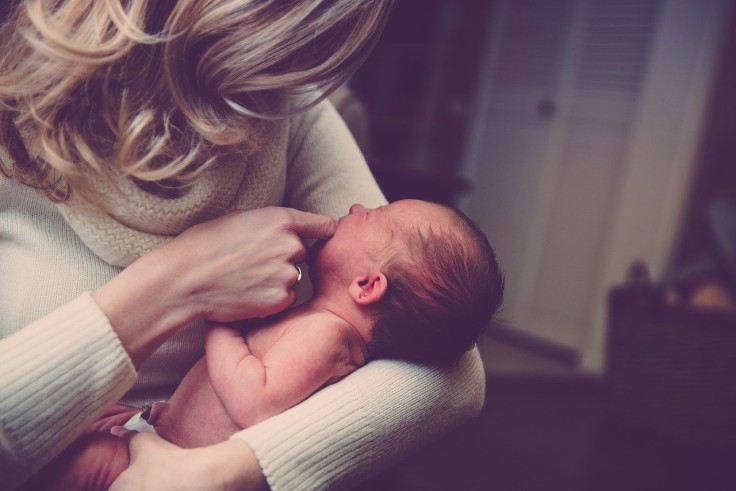
Newborn babies are precious and delicate, so any health concern may cause a lot of anxiety and worry for the parents. It can be especially nerve-wracking for the first-time mom and dad to experience some health issues when they bring their new son or daughter home from the hospital.
The fragility of newborns may be intimidating, which is why parents must have a reliable pediatrician to call and depend on. They may also seek help and advice from experienced family members and friends if they are in the dark about what to do next.
Here are some signs that newborn parents must watch out for so they can immediately attend to their child and call for help if needed.
1. The newborn is not breastfeeding well.
According to the Parent Club, it's normal for newborn babies not to feed well for two days if they do not get immediate skin-to-skin contact after birth. Some babies may also be reluctant to feed because they are sore or sedated from birth.
Read Also: 2-Week-Old Baby Left Inside Hot Car Saved by Walmart Staff; Police Arrest Intoxicated Mom
See a pediatrician, however, if a parent has serious concerns about a newborn baby not feeding well after the third or fourth day because it could be a sign of an illness. It's best to have the doctor evaluate the baby's actual condition than risk dehydration and other complications.
2. The newborn looks yellow.
Newborns with yellow skin and eyes are most likely to have jaundice. This is a common health issue because the baby's liver is still developing and learning to process the waste products in the body. Thus, most hospitals do not clear the baby for going home unless they have been properly screened.
However, there could be babies who may develop yellow skin in the first week or second week after birth. Call your pediatrician for the steps or treatments to administer if the baby has jaundice.
3. The newborn is breathing abnormally.
The baby's breathing rate and breathing pattern are faster than adults. However, there could be signs of a respiratory issue if they breathe rapidly and constantly cry. If they seem to retract when inhaling and then grunt or moan when exhaling, there could also be problems in their airways.
A newborn that's turning blue, which is also known as cyanosis, means they may not be getting enough oxygen. Aside from a respiratory illness, this may be a sign of a heart defect, according to Stanford Children's Health.
For any of these cases, bring the baby to the doctor for a proper health check.
4. The newborn isn't moving.
There's not a lot that newborns can do, and they will sleep most of the time for the first two weeks. However, it will also seem unusual if they don't react when their feet or hands are touched. Newborns should still move even if they are lying down because this will help regulate their heart rate and temperature. If the baby doesn't appear to be moving, check if she has a fever, as it could be a sign of trauma or sepsis.
5. The newborn has convulsions or seizures.
A convulsion in newborns is also known as a neonatal seizure. It occurs due to the brain's surge of electrical energy or activity after birth. Doctors often see neonatal seizures in the first 28 days of a newborn's life, which may happen in babies born prematurely or with low birth weight.
Parents will easily notice babies with neonatal seizures because they appear to be chewing or cycling. According to UCSF Benioff Children's Hospital, the treatment and management will depend on the type of seizure and the cause, and it should be undertaken as soon as possible. Cases of babies with prolonged seizures do not have good outcomes, which may lead to specialized care and attention.
Related Article: 1-Month-Old Baby Dies of Parechovirus; Heartbroken Connecticut Family Warns Other Parents